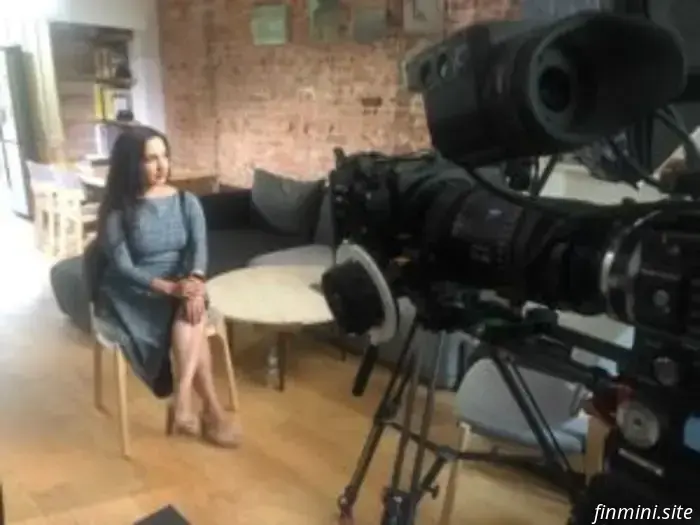
Eva is nearing her financial independence goals but is struggling with the transition from accumulation to decumulation. What factors should she take into account?
John has identified a significant point missing from the recent conversations on traditional versus Roth IRAs. Is it as crucial as he believes it to be?
An anonymous caller is eager to turn his primary home into a rental property, but he will only see a profit if he first sells some equities to lower the mortgage balance. Is this a wise decision?
Former financial planner Joe Saul-Sehy and I discuss these questions in today's episode.
Enjoy!
P.S. Have a question? Feel free to leave it here.
_______
Eva asks (at 02:50 minutes): I recently attended your Purpose Code book launch event in New York City, and one audience question really resonated with me. How much cash should we hold to mitigate sequence-of-return risk as we approach financial independence (FI)?
This prompted me to consider: Many long-time listeners, myself included, have been on this FIRE journey since your podcast began. Given the robust market performance over recent years, I suspect many of us are approaching or have reached our FI targets.
What is the best way to transition a portfolio from accumulation to decumulation? And when should these modifications be initiated?
From what I've gathered, two approaches appear relevant here:
The efficient frontier model, which you discussed recently, where investors gradually reduce their risk tolerance as they get closer to FI.
Risk parity models, commonly utilized for decumulation, which could potentially allow for higher withdrawal rates, such as 5 percent (illustrated in strategies like the Golden Ratio model).
I don't think I've heard you delve deeply into risk parity models before, but I'm eager to hear your insights. Assuming we're not overly concerned about introducing some complexity for the sake of long-term success, what's the best method for asset allocation during the decumulation phase?
Anonymous asks (at 31:14 minutes): My wife recently secured a job in Cleveland, and we are excited about relocating from Michigan. Now we need to decide whether to sell our house or transform it into a rental property.
If we decide to sell, we’ll likely break even. However, I've been interested in entering the rental real estate market, and this seems like a prime opportunity to learn. On the other hand, I could start anew in Cleveland.
We have a seven-year ARM mortgage at 4.875 percent with no down payment, which will reset in 2030 to the one-year treasury rate plus 2.75 percent, capped at 9.875 percent. By the time we either sell or rent it out, we’ll owe $421,000 on the loan.
I’ve analyzed the numbers in Excel, and it appears we would be cash flow negative by about $5,000 to $15,000 annually unless the property appreciates sufficiently to counterbalance it. One alternative I’m considering is selling some equities to reduce the mortgage.
We have no debt, $105,000 in cash, $520,000 in tax-advantaged accounts, and $578,000 in taxable accounts. If I utilized $200,000 to pay down the mortgage, it’s likely the property would become cash flow positive. Yet, I have some reservations:
I’m not keen on realizing capital gains taxes.
My wife and I have just reached our Coast FIRE number, and I prefer to keep our investments intact.
At the same time, I’m concerned I might be overlooking an opportunity. What are your thoughts? Should we sell or rent? And if we rent, should I pay down the mortgage first?
John asks (at 51:39 minutes): In your recent discussions about traditional versus Roth IRAs, I was surprised neither of you mentioned one key benefit of a Roth: the capacity to grow tax-free for decades, even beyond retirement.
I converted my traditional IRA to a Roth in 1997 and retired in 2020. Now, at nearly 72, I have over $1 million in my Roth that I haven't accessed—and don’t anticipate needing to anytime soon.
Because there are no required minimum distributions (RMDs), I can allow it to continue growing, potentially for decades, all without taxes. If I had left it in a traditional IRA, that tax-free compounding would be winding down about now, and I’d be facing withdrawals and tax obligations.
So my question is: Isn’t this a major long-term benefit of a Roth for those who can keep the money invested? Or am I missing something?
Thanks to our sponsors!
NetSuite
NetSuite is the leading cloud financial system, integrating accounting, financial management, inventory, and HR into one platform and one source of truth. Visit NetSuite.com/PAULA and download the CFO’s Guide to AI and Machine Learning.
Indeed
If
Eva is nearing her financial independence objectives, but she is struggling with how to transition smoothly from accumulating assets to depleting them. What factors should she take into account?